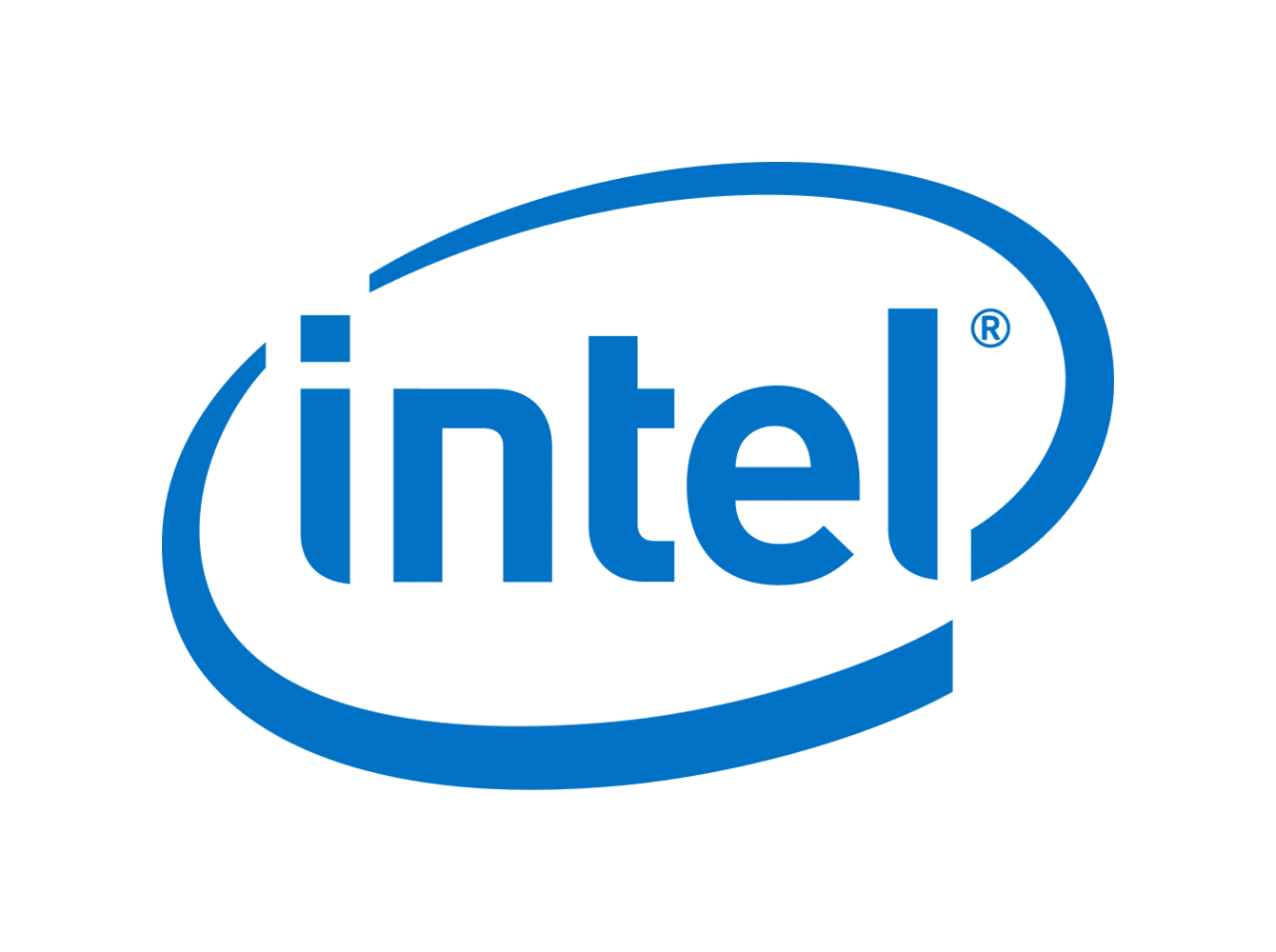5600 is the base clock, you can run almost any OC RAM with it ( oc means xmp ) for manual tuning its upto your knowledge and past experience, currently running 6200 xmp with 13700k
- 0 Posts
- 7 Comments
I dont think 13700k stable at that low offset, I have personally tried and -0.065v offset is ideal in terms of temps and performance
There can be a possibility that BIOS update is done wrong, its not always done in a manner that grabbing the latest update will fix issues, there are certain BIOS updates that have to be installed before moving onto newer ( those are mentioned with the bios) So look for an update that says some thing like that must install before installing latest updates or specifically look for BIOS mentioning micro code updates
Mark my words, never ever use intel XTU for overclocking, it just creates and implements the wrong voltage settings, always use BIOS for overclocking. Thats what happened here im sure, intel XTU overclocking will be still there, your processor is drawing 310w of power, just compare it with other fellows by a simple search! reinstall XTU, remove any profile or setting implementation by the software, completely uninstall it and go to BIOS for manual voltage ofset.
best practice, manually undervolt with slight overclock, pc runs cooler and faster
Man look at your TDP , have you messed up voltage settings? please factory reset bios and everything, uninstall XTU and retry!


Gigabyte mobos have presets for bios, you actually have to disable alot of voltage settings in order to manually get control over it, so changing frequency/voltage settings within gigabyte prefdrive profile can cause r23 to crash